Category: Natural Beauty
-
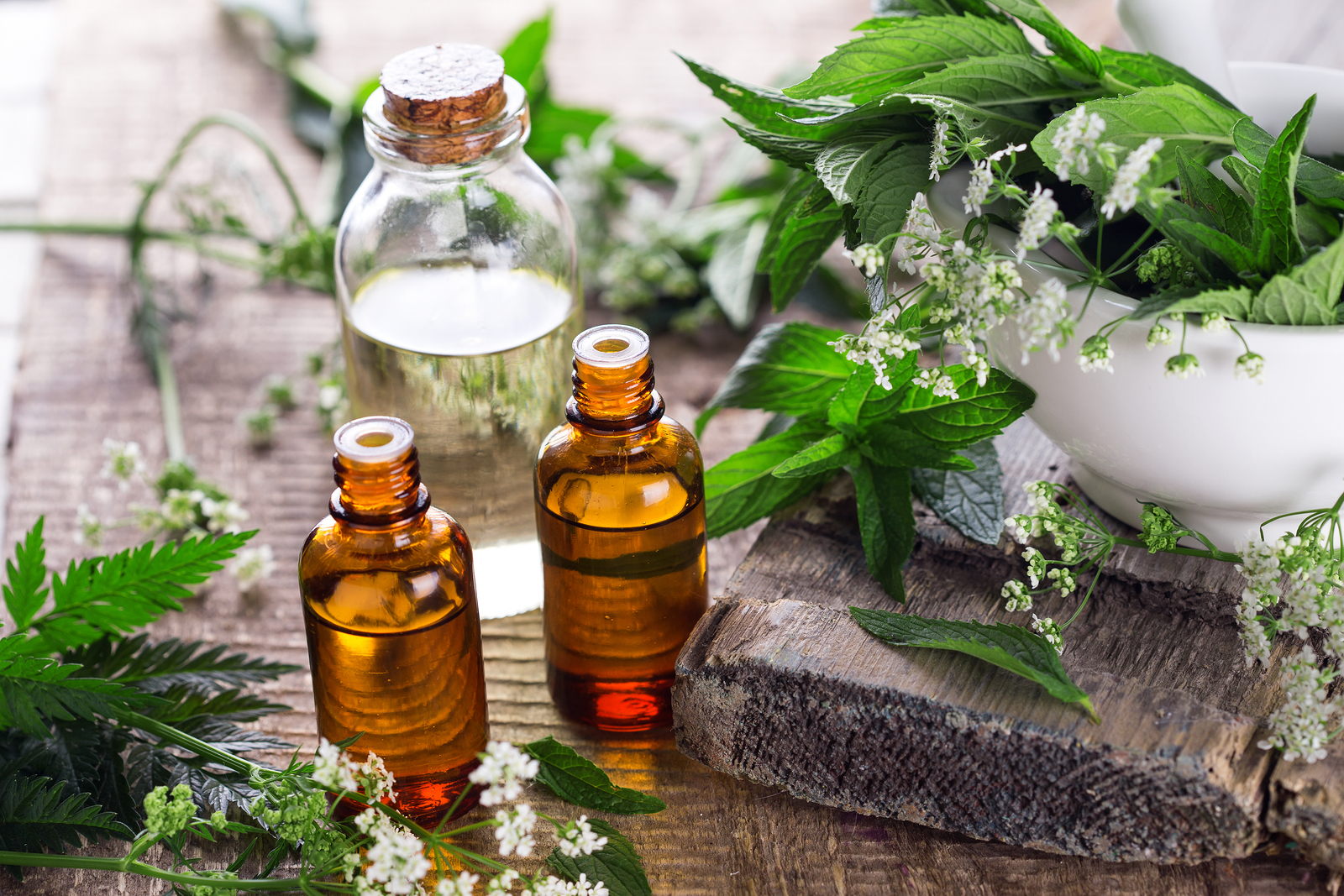
How are Mineral Oil and Petroleum bad for your skincare?
Mineral oil has several names. Call it white mineral oil, liquid petroleum, or paraffin oil. It used to be a popular ingredient in hair and skincare products. However, adverse publicity about this substance generated plenty of debates lately. Petroleum comes from crude oil. It needs refinement. Many manufacturers of cosmetics as well as personal care…
-
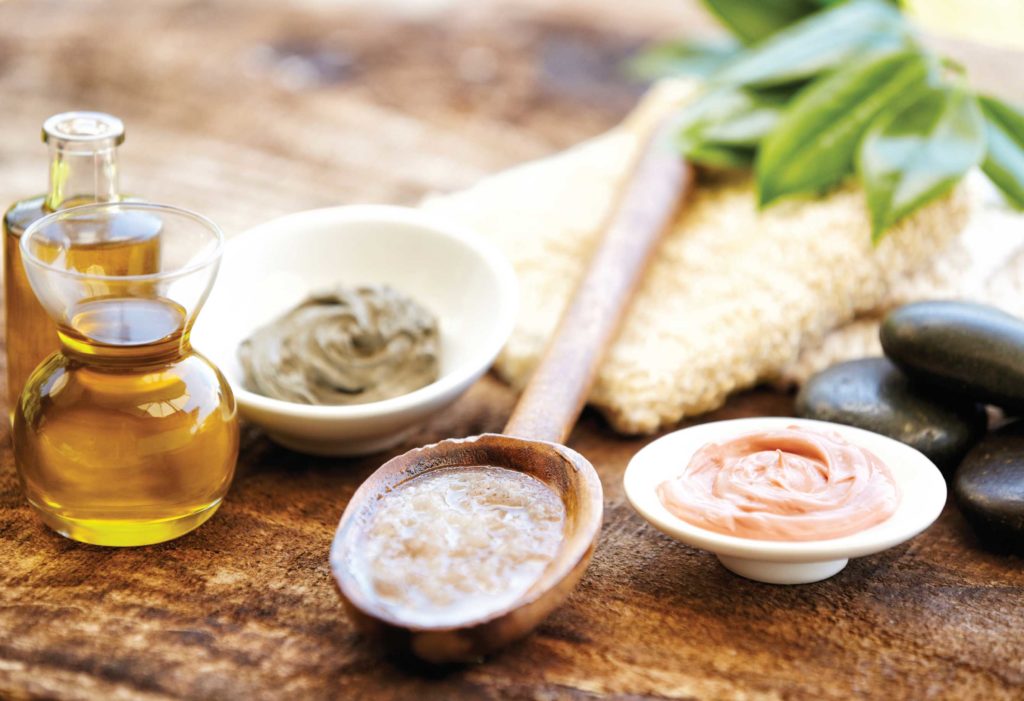
What are Phthalates? What skincare items have them?
What is a Phthalate? Phthalates refer to the category of chemical compounds used for PVC or polyvinyl chloride in construction materials as well as household merchandise. Phthalate is also called plasticizer because of its capability to soften vinyl. Several government agencies and regulatory agencies all over the world have evaluated the compound. They concluded that…
-
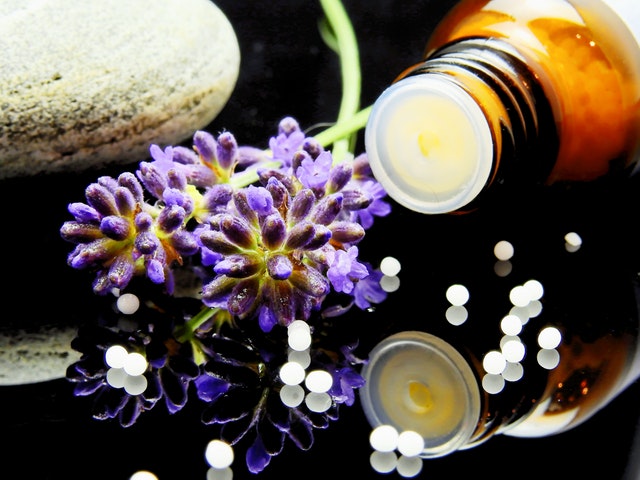
Sulfates in skincare – What they do and how harmful they are?
Published articles define sulfates as “aggressive detergents” produced from sulfur-containing mineral salts. Companies first introduced these compounds to hair and skin care in the 1930s transforming the health and beauty industry. Sulfates are cheap and powerful capable of creating bubbles people think indicate cleanliness. Here’s the situation about personal care products. You may find it…
-
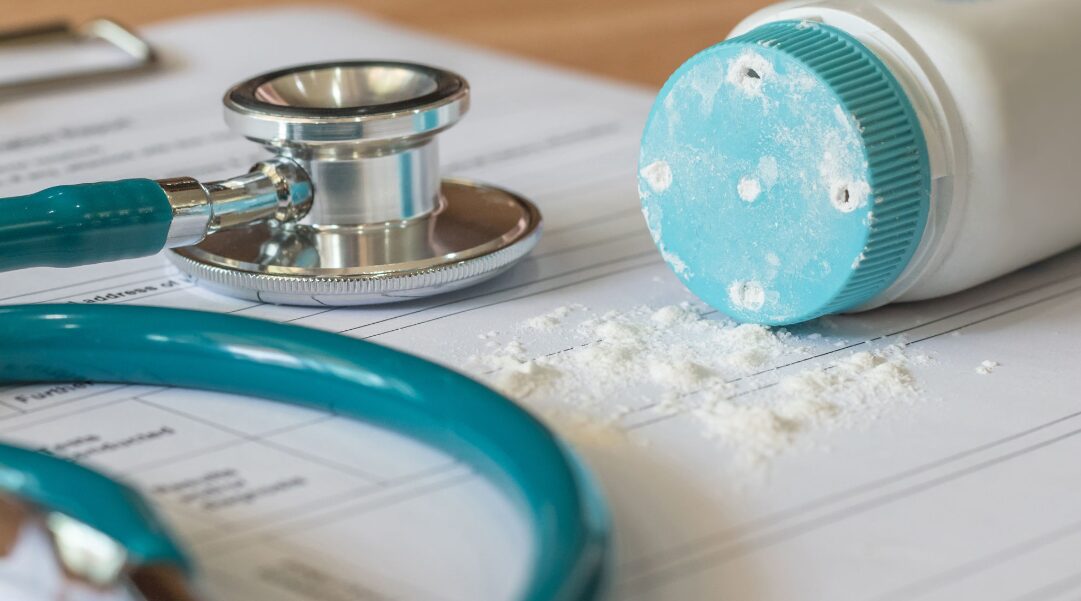
What is Talc: Read this before you reach out
Talcum powder that many Americans use comes from talc. Magnesium, oxygen, and silicon comprise the major elements of this mineral. Some forms of natural talc contain asbestos. This substance can cause lung cancer because of inhalation. As a result, companies have been manufacturing asbestos-free talcum products since the 1970s. Talc originates from rock deposits mined…
-
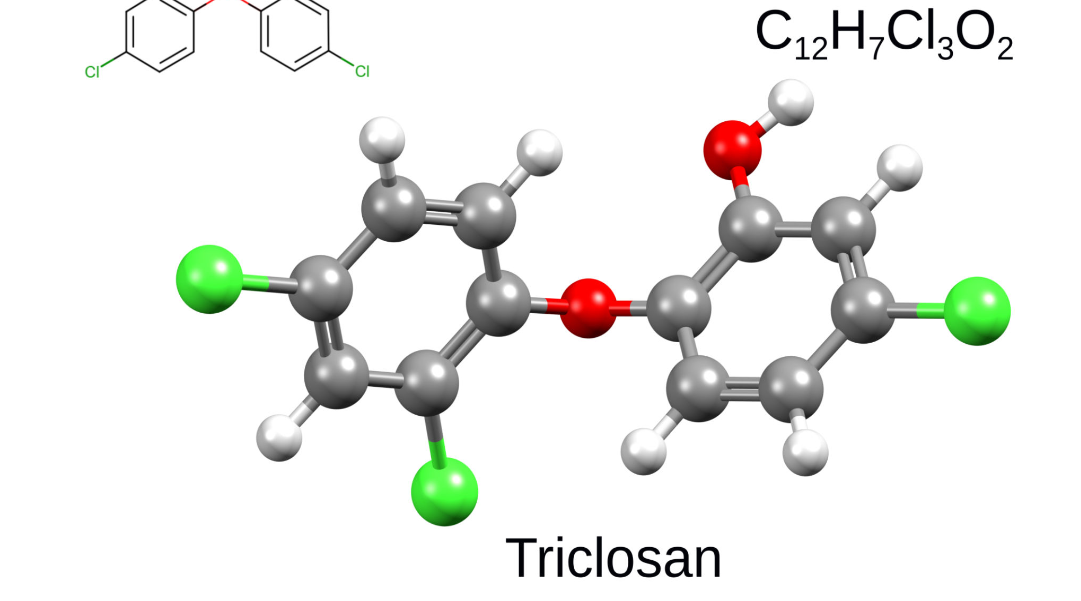
Triclosan: Is it safe to use?
Majority of manufacturers add triclosan to a variety of consumer products. As an anti-fungal and anti-bacterial agent, it helps prevent or reduce bacterial or microbial contamination. Triclosan is present in some body wash and anti-bacterial soaps, toothpastes, and cosmetic items. The United States Food and Drug Administration (FDA) regulates such products. Over the counter drugs…
-

Difference between Vegan and Cruelty-free Skincare
What distinguishes vegan from cruelty-free skincare products? To begin with, vegan-friendly gets rid of all animal-derived substances. The products come from plants, minerals, and safe artificial ingredients. Many consumers often use these two words interchangeably although each one has a completely different meaning. People who read labels carefully will realize how confusing or misleading these…
-

Do you Need Sunscreen in Winter ?
How to Pick Safe Sunscreen? Use a sunscreen in winter. It sounds preposterous but actually makes a lot of sense. Now, it’s time for us to understand sunscreens are necessary all year round. The harsh weather during winter months causes the skin to dry. This is one season that you need all the help to…
-
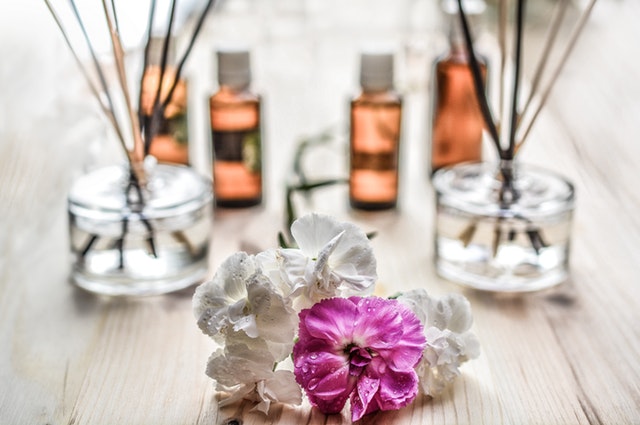
Fragrance and how it is harmful in skincare?
Why do most skincare products and cosmetics contain fragrances? To begin with, manufacturers know scented commodities impact purchasing decisions of consumers. Besides, many of these items don’t smell good without the pleasant smell. Sweet scents also conceal the disagreeable odors of skincare products packed in bottles or other containers. Even essential oils or natural ingredients…
-
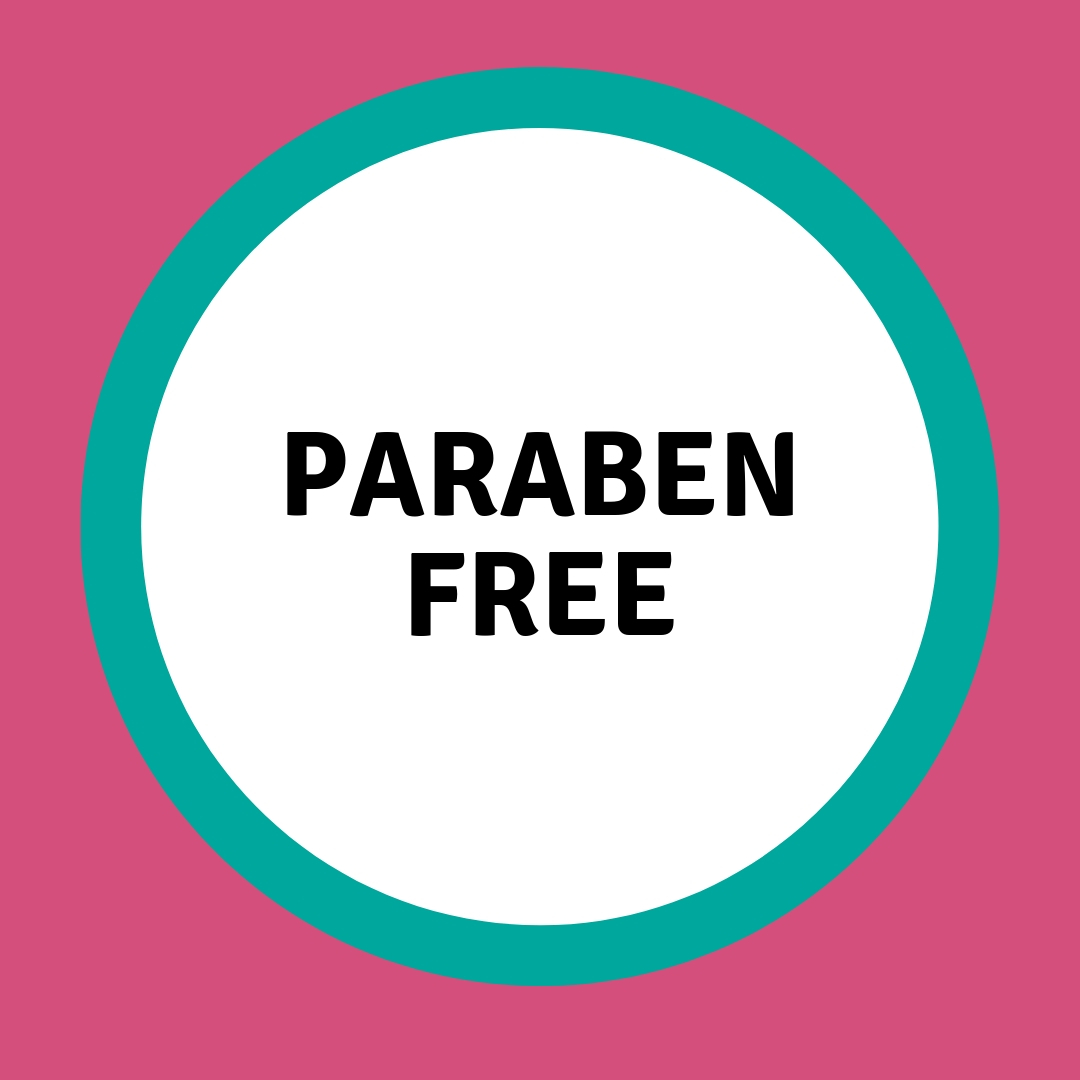
What are Parabens ? How it negatively impacts us
You can find parabens in majority of cosmetic products. Michelle Scott-Lynch, founder of Boucleme, a unique hair care brand acknowledged as paraben-free explained the preservative prolongs shelf life of health and beauty commodities by preventing the growth of germs and molds. This stabilizer also goes by the names of methylparaben, propylparaben, and butylparaben. Manufacturers have…
-

What’s in your skincare and how it matters?
Do we really care about the products we apply and wipe on our faces day after day? Perhaps, we are more concerned about short-term effects rather than the ingredients and probable negative or positive outcomes. The truth is our bodies absorb lotions, moisturizers, or any solutions we dab on the skin. Let’s be more careful…
